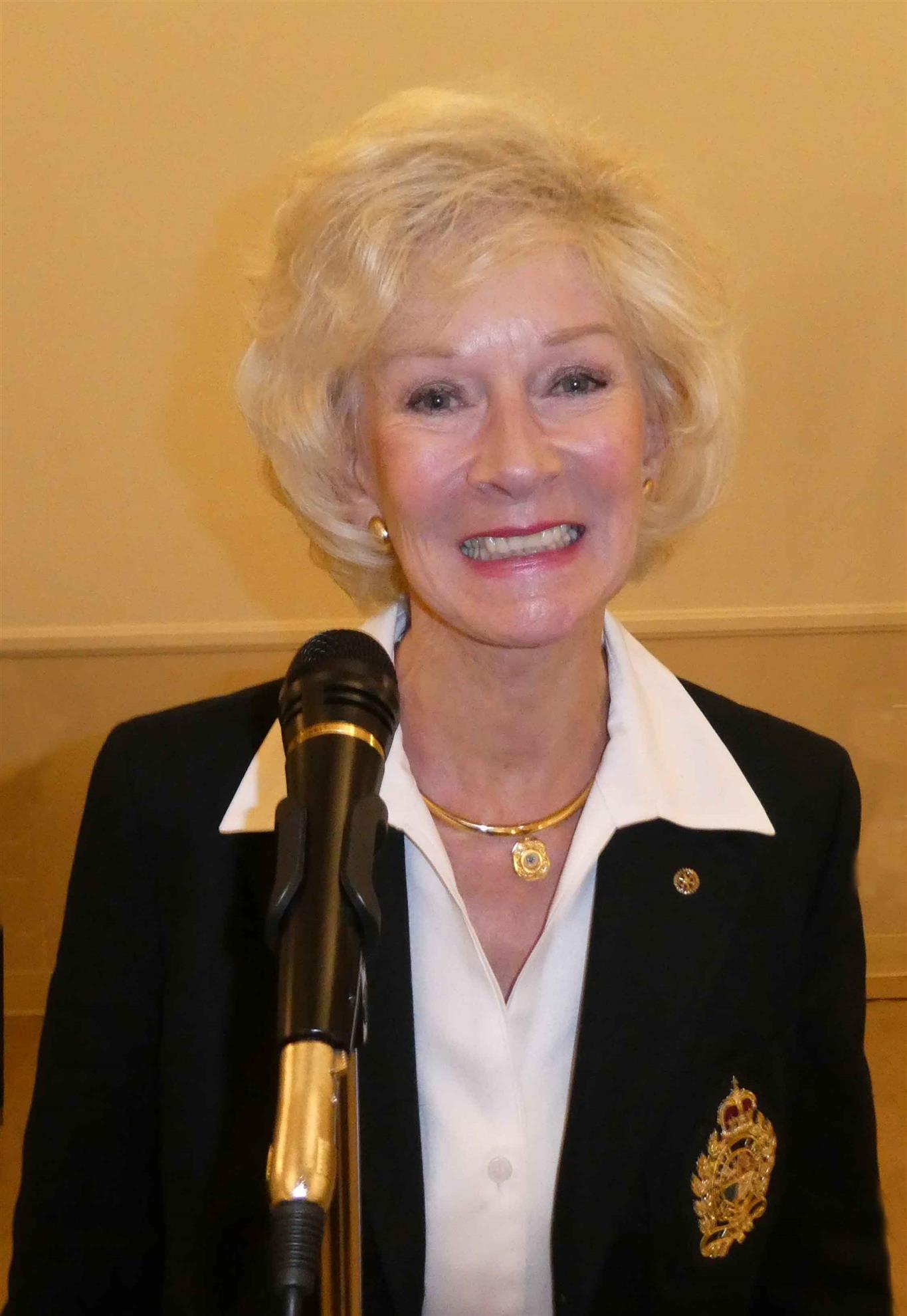
Ingrid Hempell, Concord (CA) Club, is a frequent visitor to our Club (with Volker Schäferbarthold of the Minden Rotary Club in Germany). She grew up in East Berlin during the Soviet occupation after World War II. She remembers a very difficult life with hunger and deprivation, and the lack of basic consumer goods that we take for granted.
At the end of World War II, Germany was divided into 4 occupation zones by the US, UK, France and the Soviet Union. The capital, Berlin, was in the Soviet zone but had a corridor connecting it to the 3 other zones to the west. In June 1948, Soviet authorities blocked access into Berlin from the west. The Allies blocked shipments into the Soviet zone of coal and steel, hindering industrial development there. The Soviets stopped food shipments and electricity to the non-Soviet sectors of Berlin, which was surrounded by Soviet military forces.
In response, the Allies began a Berlin Airlift with urgently needed supplies on unarmed humanitarian cargo aircraft into West Berlin in July 1948, gambling that the Soviets would not shoot them down and risk World War III. This aerial conveyor belt unloaded 5000 tons per day around-the-clock with the help of German civilians. Some aircraft, on approaching the airport, dropped candy bars with little handmade parachutes to eager children waiting below, a major propaganda success to a beleaguered population.
The Soviet blockade of Berlin was lifted in May 1949. The 3 Western zones merged into West Germany with its capital in Bonn. A Communist East German government was formed with its capital in East Berlin. Marshall Plan assistance from the US helped West Germany recover from the War, while reparations to the Soviet Union from East Germany slowed economic recovery there. Soon, large numbers of impoverished East Germans were escaping to West Berlin, and in 1961 the East German government built the Berlin Wall to stop them from crossing.
In 1990, the East German government collapsed, Germany was reunited, and the Berlin wall was torn down in jubilation. The German government spent large amounts of money helping the East revitalize its economy. In 1991, still recovering from poverty, Ingrid collapsed in illness, and her mother was able to take her to West Berlin for help, where there were now more and much better supplies of basic necessities and services. Ingrid had a difficult life during those years of deprivation, but started working in 1967 and ended up in Northern California as a thankful survivor.